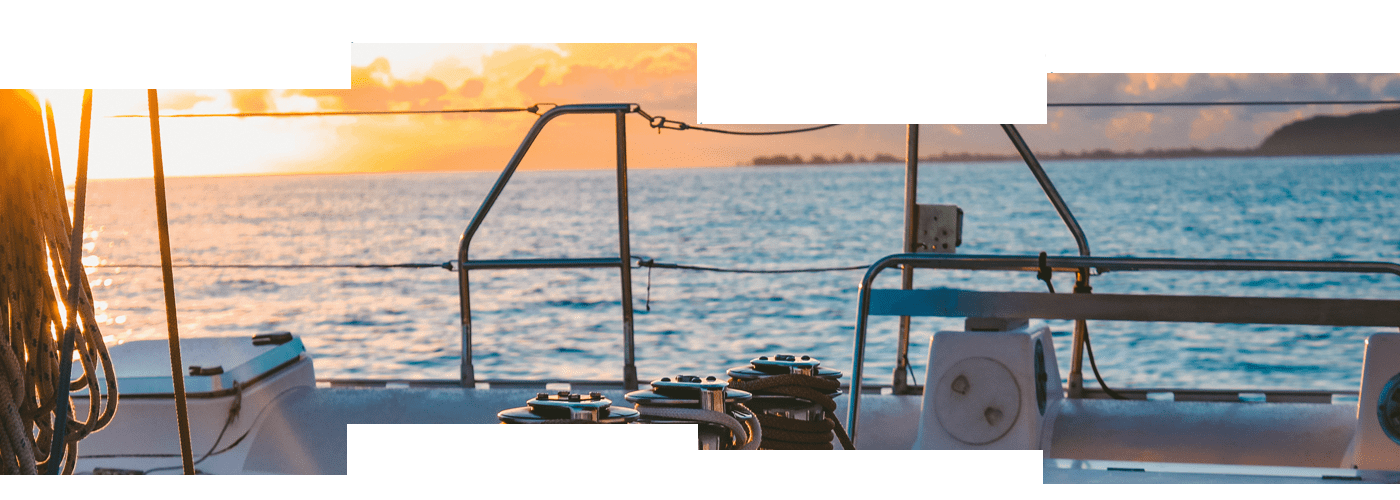

A day on the boat is nothing short of a good time. However, this shouldn’t mean safety is left to the sidelines and you may never know when things could go wrong.
Going through the safety checks before boating is important and if you’re taking the lead in operating the boat, then it’s your responsibility to ensure they’ve been conducted.
In this piece, we’ll go through the top things to check and be mindful of when it comes to boating safely.

First and foremost is ensuring that all necessary safety tools in case of an emergency are available on the boat and functional. Some essential items to carry on the boat are:
Life jackets can be lifesaving, even if everyone knows how to swim you’ll be surprised how quickly those legs will tire out in the open sea.
Life jackets will also ensure anyone's unconscious is face-up in the water and even protects against hypothermia.
It’s important everyone has life jackets on the boat and that these jackets are compliant with the requirements of your nation’s marine or coast guard laws. When boarding the boat each time, do a check to ensure there are enough life jackets and none of the jackets are damaged and suitable for use.
It’s also important to check the weather before boating. Depending on the size of your boat and its capabilities, this will dictate what type of weather conditions it can handle. Strong gusts and choppy waters can easily capsize smaller boats so it’s important a check on the weather while you’re out on the water. Ideally, stick to warm sunny days with still waters.
Always check for harmful fumes whenever a refueling session is completed or a certain hatch is opened. This is important because there are chances such fumes can knock crewmembers unconscious. A build-up of carbon monoxide is a good example of this that can be life-threatening out on the water. Never start your boat's engine either if you suspect there are harmful fumes lingering around your boat.
Drinking and driving are dangerous, and not surprisingly, the same applies to drinking and boating.
Check with your local laws to understand the blood alcohol limits imposed when operating a boat. Regardless, alcohol impairs judgment and how it affects you can vary depending on a variety of factors. Because of this, it’s good practice to never consume alcohol before you operate a boat or while boating.
Out on the boat with family and friends is a great experience, and boating can be very rewarding. However, taking the time to be prepared in case of emergencies can make a huge difference. The above tips aren't difficult and don't require much time but could mean lives are saved.
